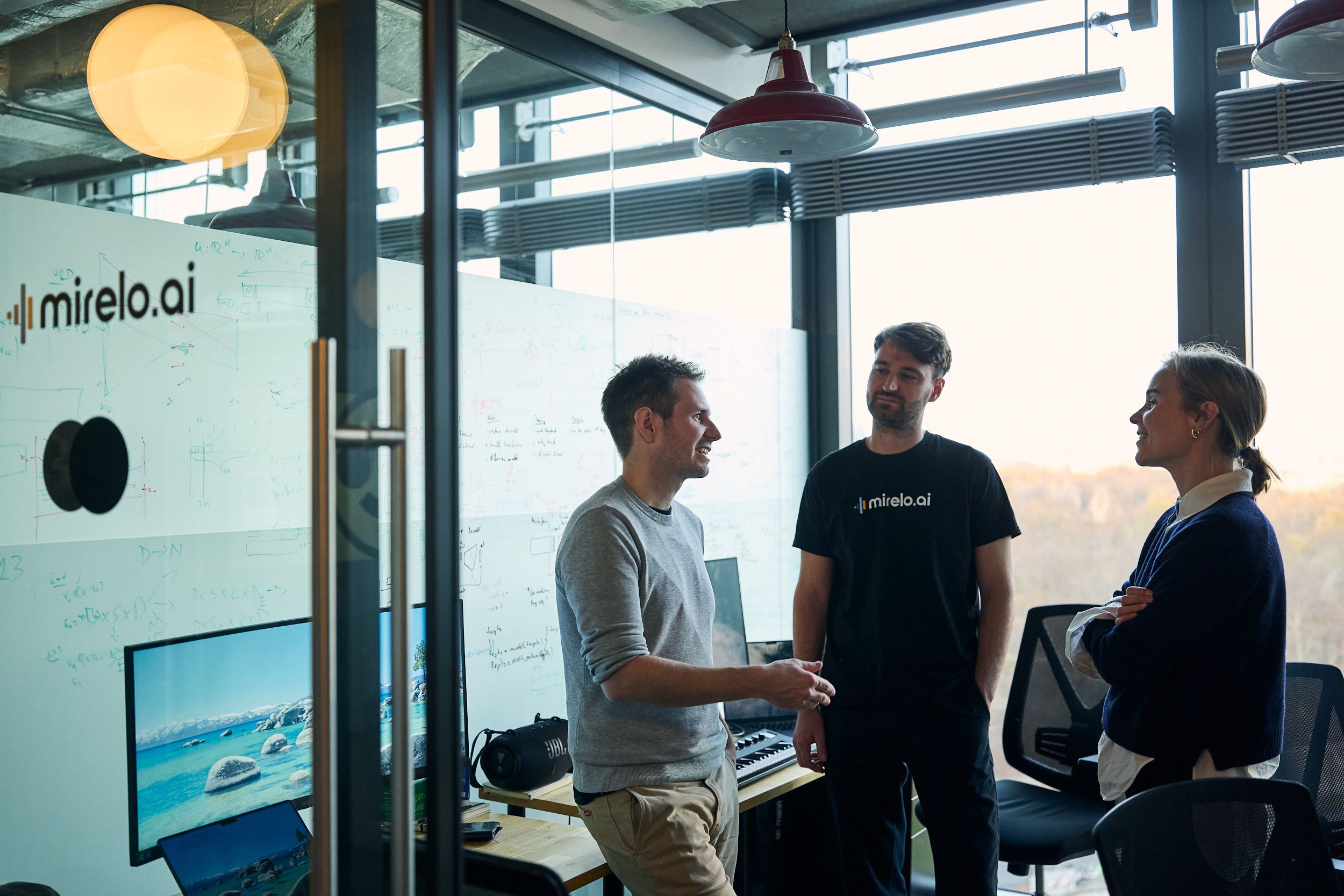Bird’s Mobility Revolution
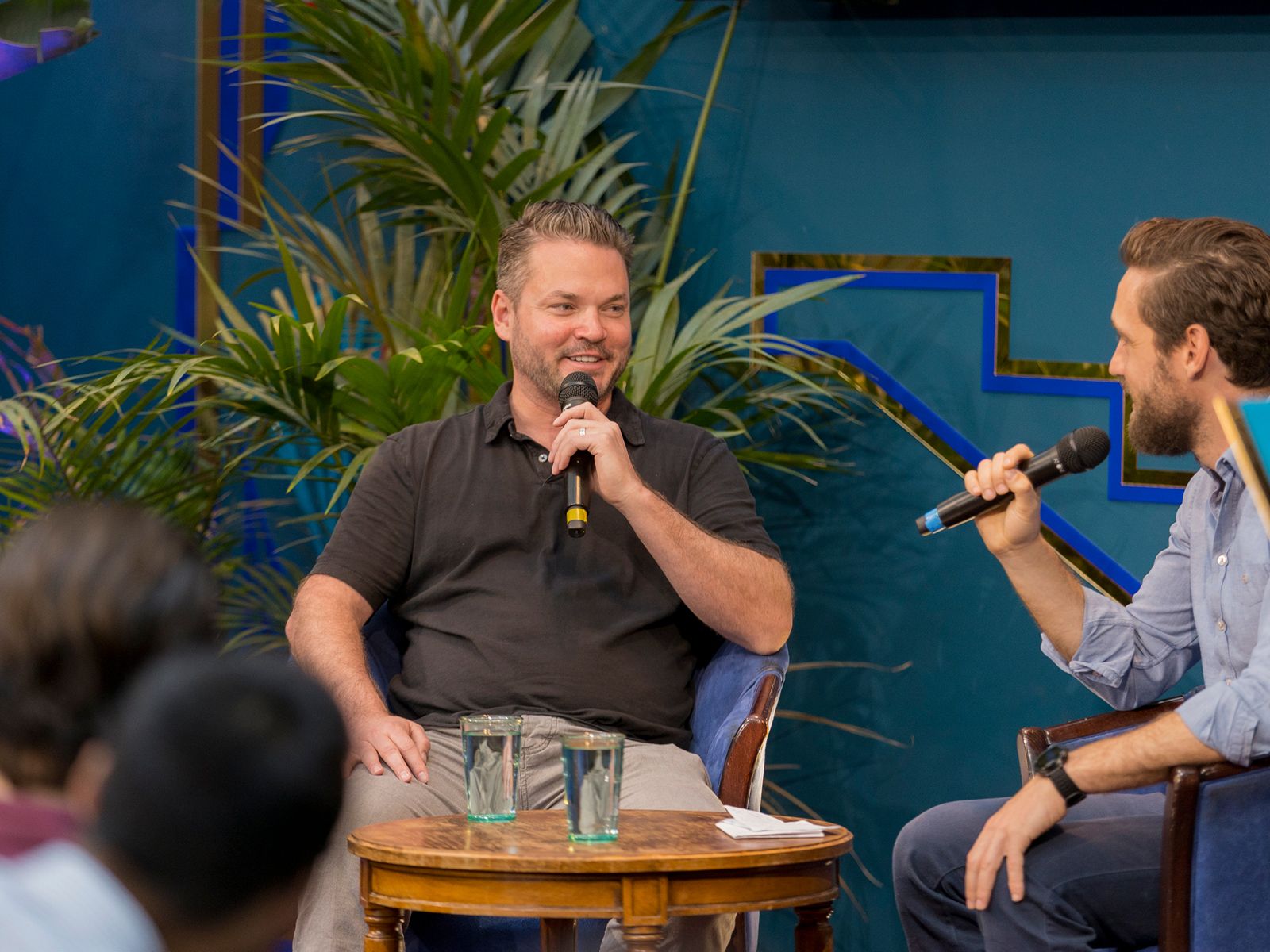
It’s less than two years since Bird’s founder Travis VanderZanden launched a small fleet of electric scooters on the Santa Monica beach front. Today, Bird partners with 120 cities and colleges around the world, bringing this new, environmentally-friendly and congestion-busting transportation option to millions of city dwellers. And while it wasn’t always a smooth ride for this trail-blazer, there’s no sign that Bird’s extraordinary charge is faltering.
This July, Bird announced the establishment of a new European hub in Paris with plans to build a 1000-strong team in the city within two years. Martin Mignot of Index Ventures, an early investor in Bird, sat down with VanderZanden in Paris on the day of the announcement, at a European ecosystem builder The Family, and talked about the past and future of micro-mobility in general and Bird in particular.
“Travis is a legend in the micro-mobility scene because he's the one who actually came up with the whole concept,” says Mignot. And he admits to something of an obsession with VanderZanden’s mission.
“Why are we using two tonnes of metal to move 70 kilo bodies around while something that weighs 16 kilos like an e-scooter can do the job just as well? And why are we giving away so much space in the cities to cars? When you start thinking about it, you have to become obsessed.”
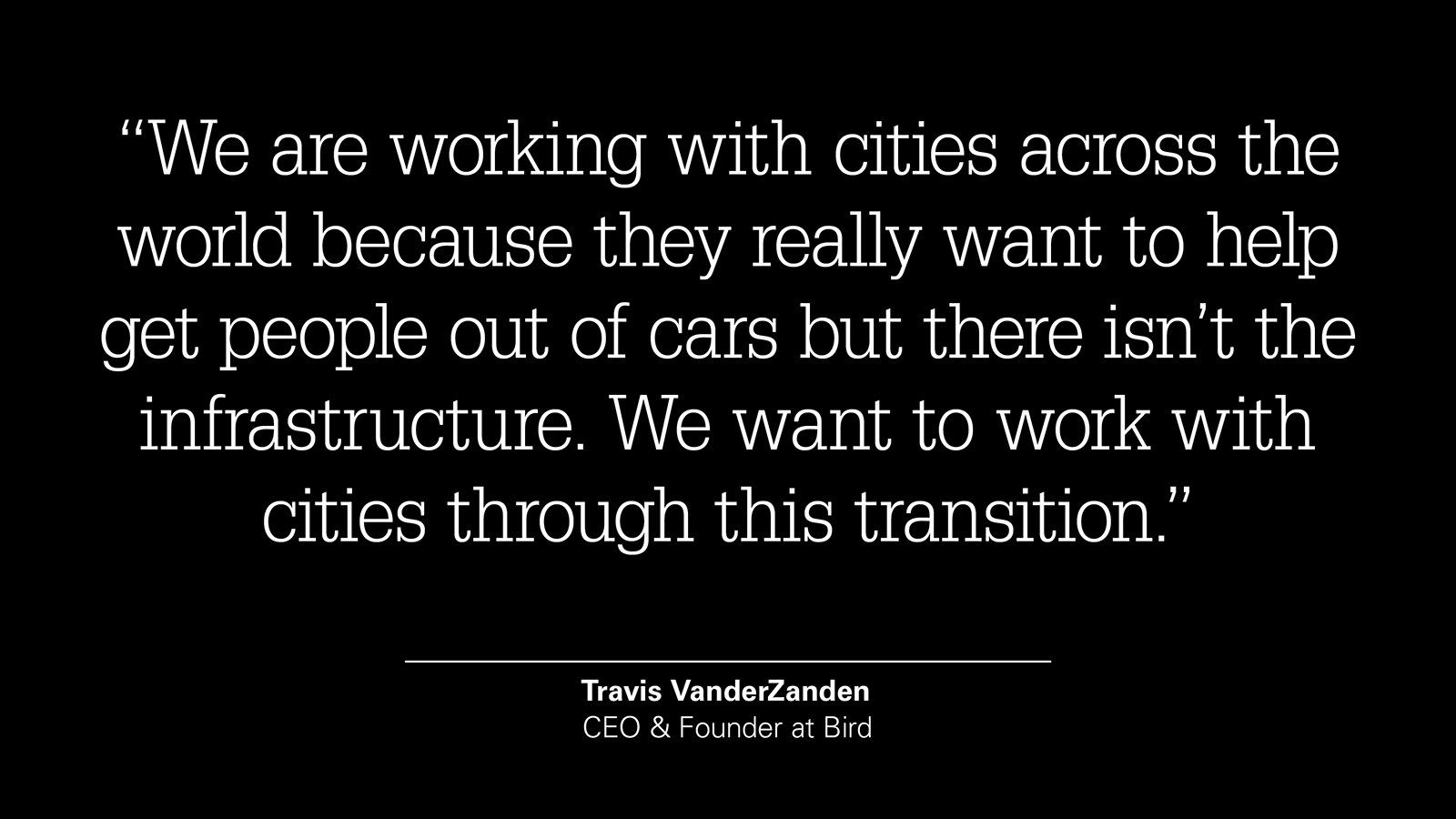
Bird’s progress in the French capital, and around the world, has been built on successful up-scaling and maturing business model and a direct partnership with cities. Learning the lessons from the early days of ride-hailing platforms, Bird takes on a different approach: “We are working with cities across the world because they really want to help get people out of cars but there isn’t the infrastructure. We want to work with cities through this transition.”
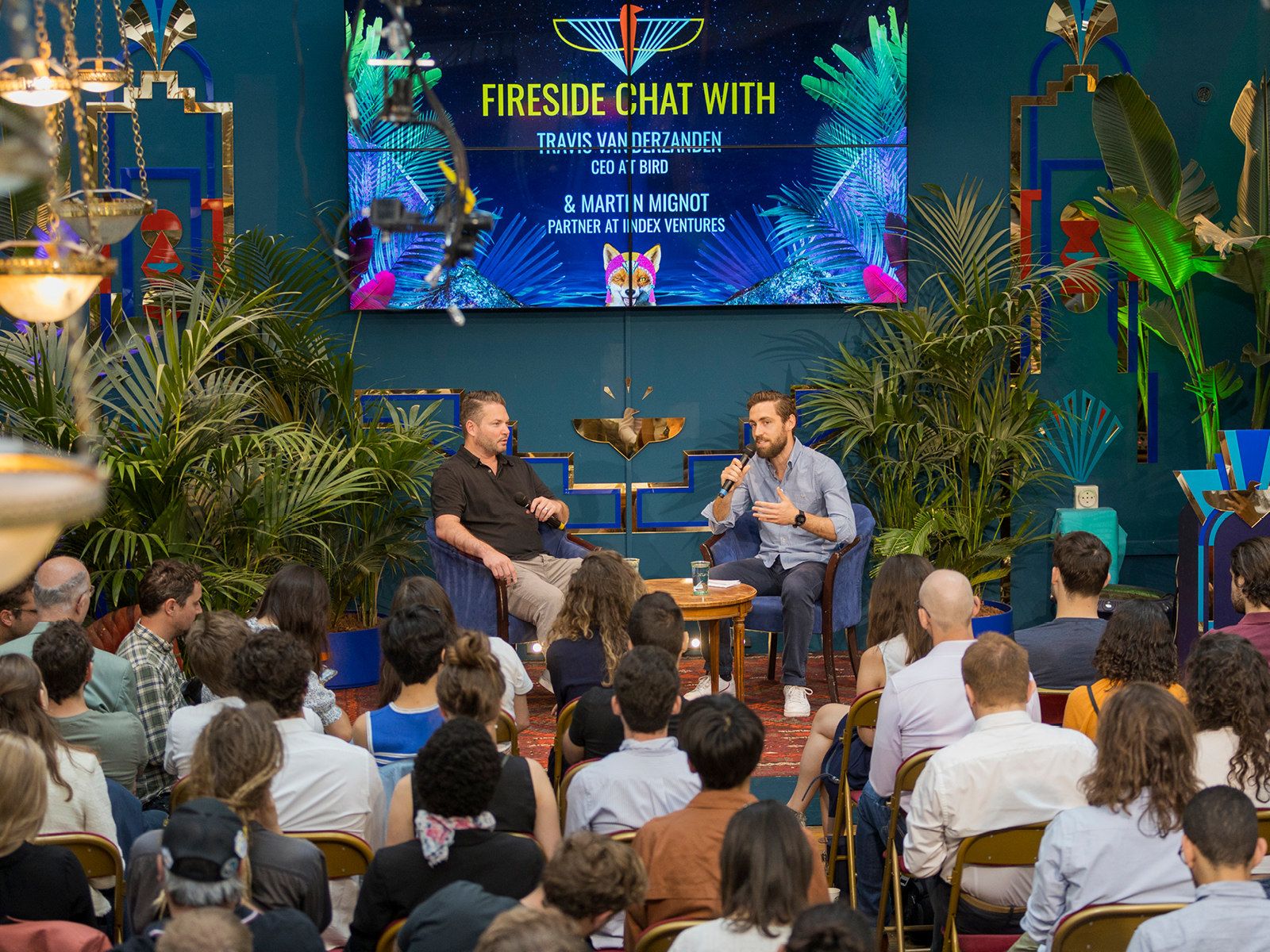
Travis spoke on the day Bird announced plans to build a 1000-strong team in the city within two years
VanderZanden now imagines Bird taking on the scale of a task comparable to Henry Ford, leveraging new technology and behavioural change to encourage infrastructural revolution. “When cars came around, people were like, wow, these cars are crazy. There's no place for them to park, there's no place for them to go,” says VanderZanden. “And they're running horses off the road. It took about 20 years to make that transition. Thankfully, I think the transition to micro-mobility and alternatives to cars will be faster than that. But clearly, we need to talk with cities to figure out what is the most graceful way to make that transition because the city infrastructure wasn't built for electric scooters.”
With cities centred around car travel, issues around scooter parking have become a criticism for the industry as a whole. VanderZanden says solutions are being found. “We're working with a bunch of cities to actually take one parking space from a car every city block in the downtown area and make that into parking for micro mobility. And what we're finding is local businesses love that because you can fit 10 to 15 scooters in the same space that you can fit one car.” Paris hasn’t gone that far yet but it is making space for e-scooters. “In Paris they've already said park in the moped parking spaces. And now we have over 4000 dedicated parking areas here. And they have started spraying some dedicated micro-mobility parking.”
Paris then could prove a model for the introduction of electric scooters and other forms of micro-mobility into the transport system of a big, difficult city. That in turn could unlock some very other major cities– New York and London are all yet to prioritize micro-mobility over cars. And Bird can now afford to play the long game. Its economic model makes sense. And should make even better sense going forward.
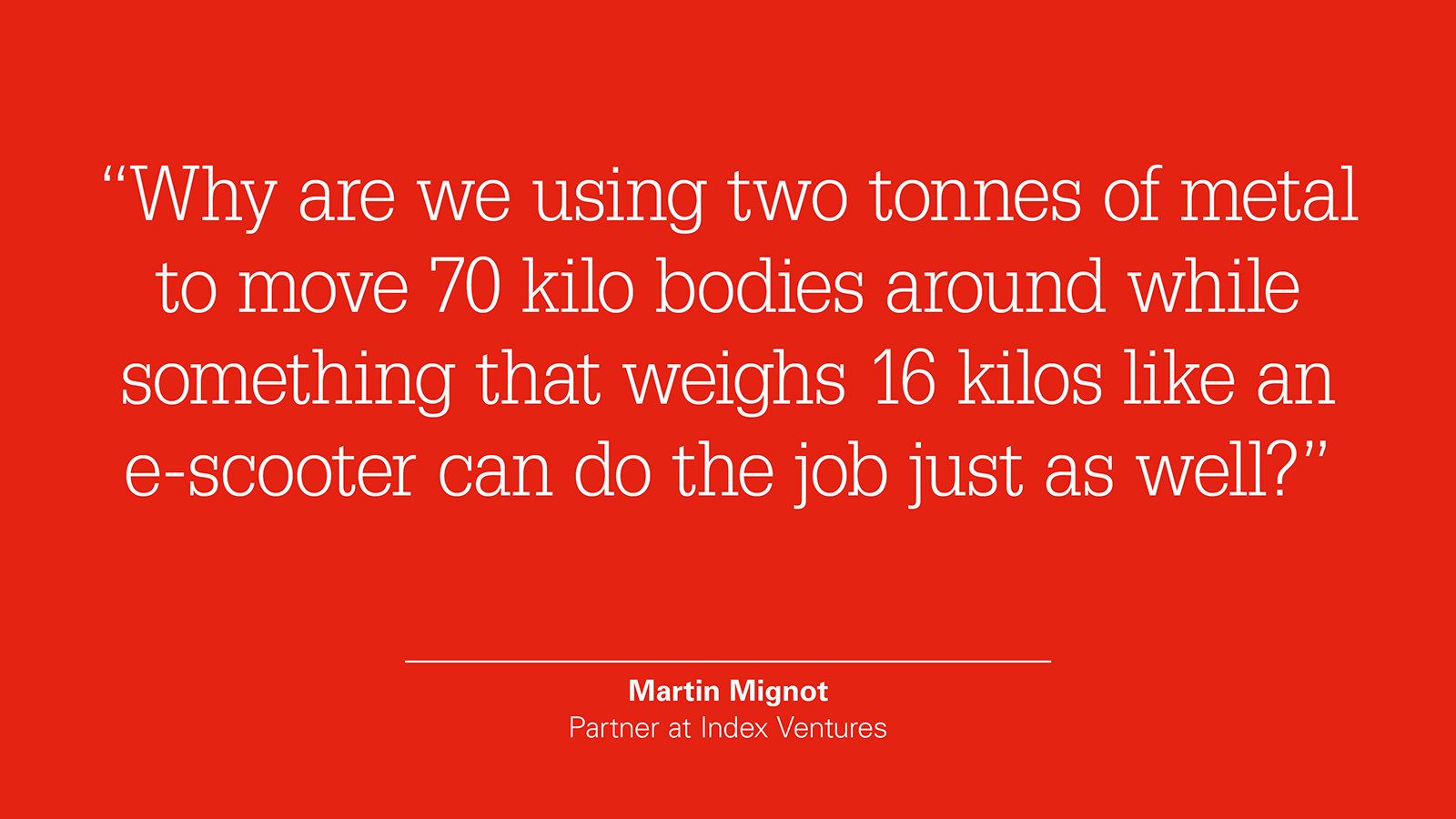
Bird’s first scooters were bought off the virtual shelves of Alibaba. They weren’t built for the rigours of daily rental and lasted a matter of months, usually not long enough to recover their cost. Bird’s first own designed scooter - Bird Zero - were more durable and lasted around a year, but Bird wanted to do even better. The Bird One scooter, launched in May, was the great unlock. It can survive for around two years, more than long enough to pay for itself. VanderZanden says that every Bird ride taken on a Bird Zero or a Bird One makes money. Q4 should see the launch of Bird Two, with an even longer life and lower price. This summer will also see the roll out, in the US at least, of the Bird Cruiser.
Bird is also partnering up with local entrepreneurs, in New Zealand, Canada and Latin America but also in some European cities. Called the Bird Platform, partners in the scheme buy Bird scooters, fitted with the company’s firmware and GPS (the “Brain”), at cost and Bird takes 20 percent of each trip fare.
Given the vast potential of micro-mobility and the advancements of Bird’s hardware and business model, rumours of a possible buyout are inevitable, but VanderZanden says Bird is happy flying solo. “We definitely want to stay independent; we're having a lot of fun. And we think this is a massive opportunity. We're just scratching the surface with the impact we can have on moving people out of cars in cities around the world. It's one of these businesses that is super fun to operate but is also having a very positive impact on the world. It's really rare to find a business like that.”
Published — July 31, 2019
-
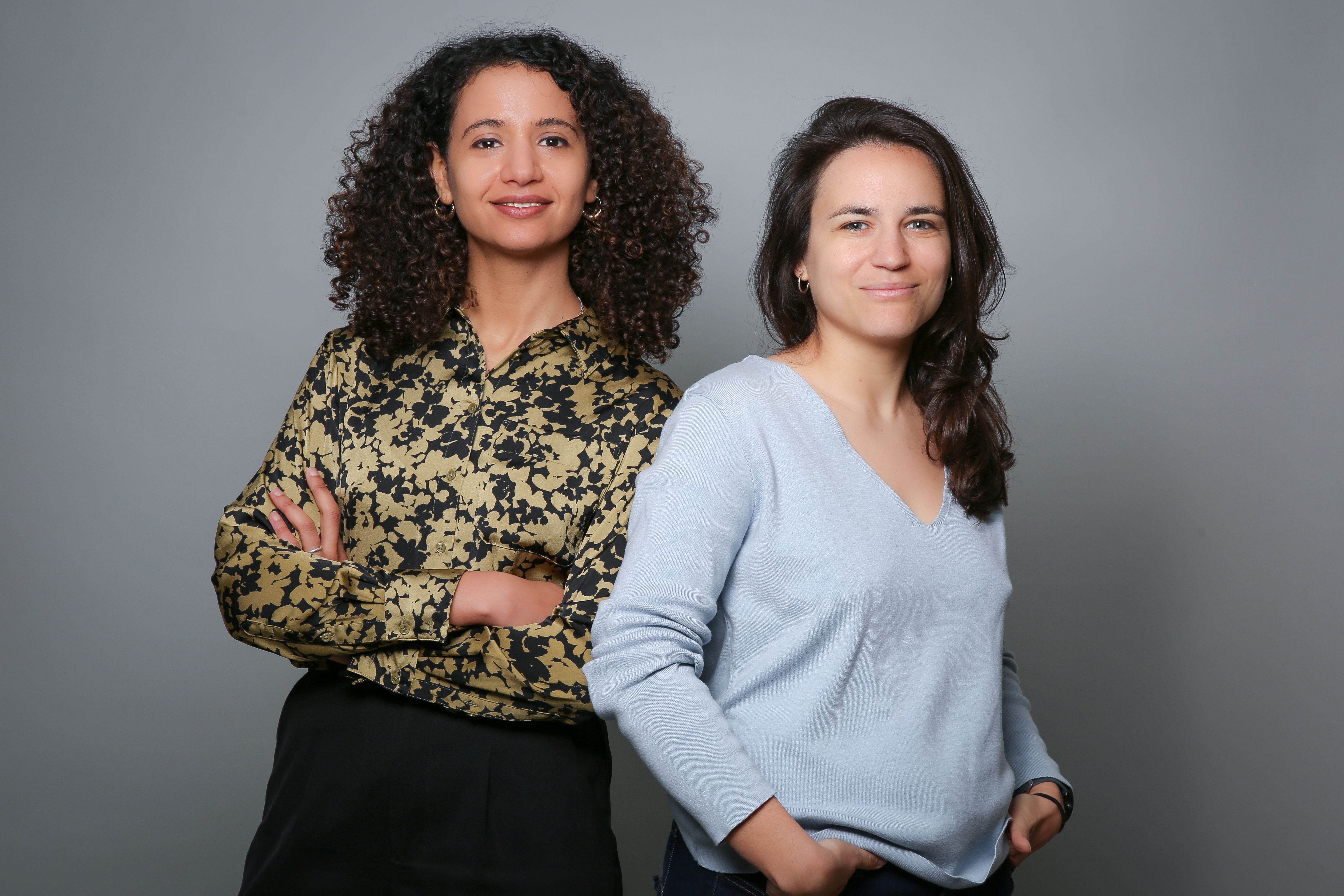
-
